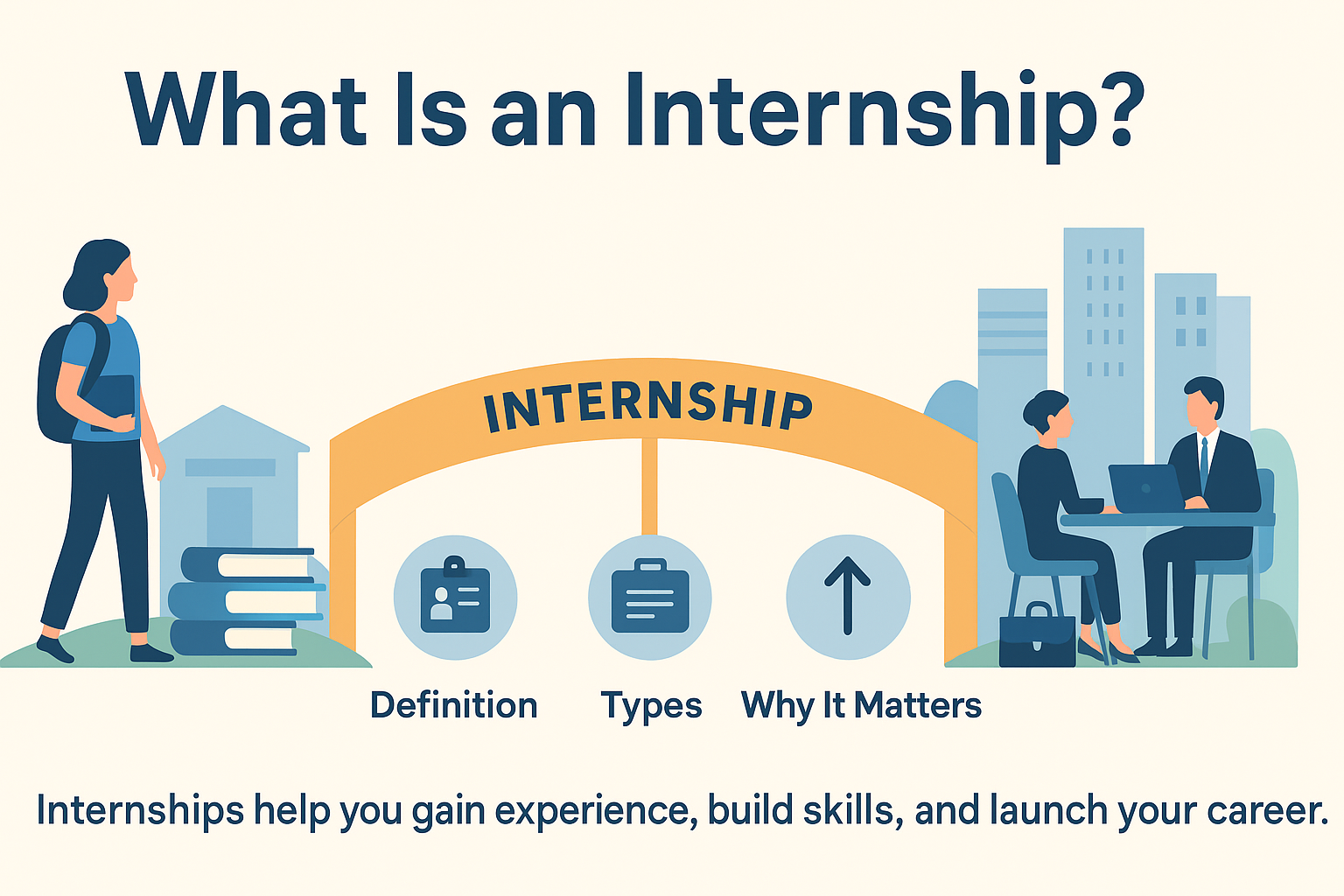When parents first hear about the GATE program (Gifted and Talented Education), one of the biggest questions is: what exactly do students learn? While it’s known for catering to advanced learners, the program goes far beyond extra homework or harder math problems. It’s designed to stretch the minds of students who need more challenges than traditional classrooms can provide.
In this article, we’ll dive into gate program what you learn, the skills students develop, the benefits and challenges, and why it can be a turning point in academic and personal growth.
What Is the GATE Program?
The GATE program (sometimes also called Gifted Education or TAG — Talented and Gifted) is a specialized curriculum for students identified as advanced learners. These students often qualify through IQ tests, standardized exams, teacher recommendations, or creative performance evaluations.
The purpose of GATE isn’t to create an elite group, but to provide equal opportunity for students who learn at a faster pace or show exceptional problem-solving skills.
Gate Program: What You Learn
So, what do you learn in GATE program classrooms? While the curriculum varies by district, certain themes are consistent:
1. Advanced Academics
Students often work on higher-level math, science, and literature that goes beyond their grade level. For example, a 5th grader in GATE may tackle pre-algebra, advanced scientific theories, or analyze classic novels usually reserved for high school.
2. Critical Thinking and Problem-Solving
One of the pillars of the program is training students to ask better questions, analyze information deeply, and explore multiple solutions to complex problems.
3. Creative and Innovative Projects
STEM fairs, independent research, robotics clubs, and even creative arts projects are common. Students are encouraged to experiment, innovate, and present solutions to real-world challenges.
4. Leadership and Teamwork
GATE isn’t just about individual brilliance. Group projects teach collaboration, leadership, and communication skills.
5. Independent Research Skills
From science fair experiments to long-term essays, students learn how to conduct research, evaluate sources, and present findings — skills that prepare them for college-level work.
Beyond Academics: Life Skills in GATE
While academics take the spotlight, the GATE experience also builds essential life skills:
- Time management and organization — balancing advanced assignments.
- Resilience and perseverance — learning from mistakes and setbacks.
- Curiosity and exploration — fueling a love for lifelong learning.
- Communication — presenting ideas clearly in writing and speech.
In many ways, GATE prepares students for the future workplace, where creativity and problem-solving matter as much as technical skills.
Benefits of the GATE Program
Parents often wonder: is the GATE program worth it? The advantages can be significant:
- Academic Growth: Students learn faster and go deeper into subjects.
- Confidence Boost: Being in an environment with peers who share their abilities helps students feel understood and motivated.
- College and Career Readiness: Early exposure to research, critical thinking, and advanced content builds a strong foundation for higher education.
- Social Development: Students learn leadership and teamwork by collaborating on challenging projects.
Challenges of the GATE Program
Like any specialized path, the program has its challenges:
- Pressure and competition: Students may feel stressed to always perform at a high level.
- Time commitment: More complex projects mean heavier workloads.
- Emotional balance: Some students may struggle socially if peers outside the program view it as “different.”
Parents and teachers need to provide support to ensure students thrive without burnout.
Real-World Connection: Why GATE Learning Matters
The GATE program doesn’t just prepare kids for higher test scores — it prepares them for a world where innovation drives progress.
For example, the emphasis on critical thinking and independent projects mirrors the approach needed in cutting-edge fields. In fact, it’s similar to how professionals explore breakthrough solutions in areas like OPS Technology, where problem-solving and advanced technical skills shape real-world innovation.
By fostering the same mindset early, GATE programs encourage students to think like future leaders, scientists, and creators.
Is the GATE Program Worth It?
The answer depends on the student. For children who thrive on challenges, GATE provides an environment that nurtures their potential. For others, the pressure may feel overwhelming.
The best approach? Parents should evaluate:
- Their child’s learning style.
- Interest in advanced or creative problem-solving.
- Readiness to handle independent projects and group collaboration.
When the fit is right, GATE can unlock skills and confidence that last a lifetime.
Conclusion
If you’ve been wondering about the gate program what you learn, the answer is: much more than just harder classes. Students gain academic depth, critical thinking, creativity, leadership, and life skills that extend far beyond school walls.
The GATE program may not be for everyone, but for many students, it’s the first step toward becoming future innovators and leaders.











